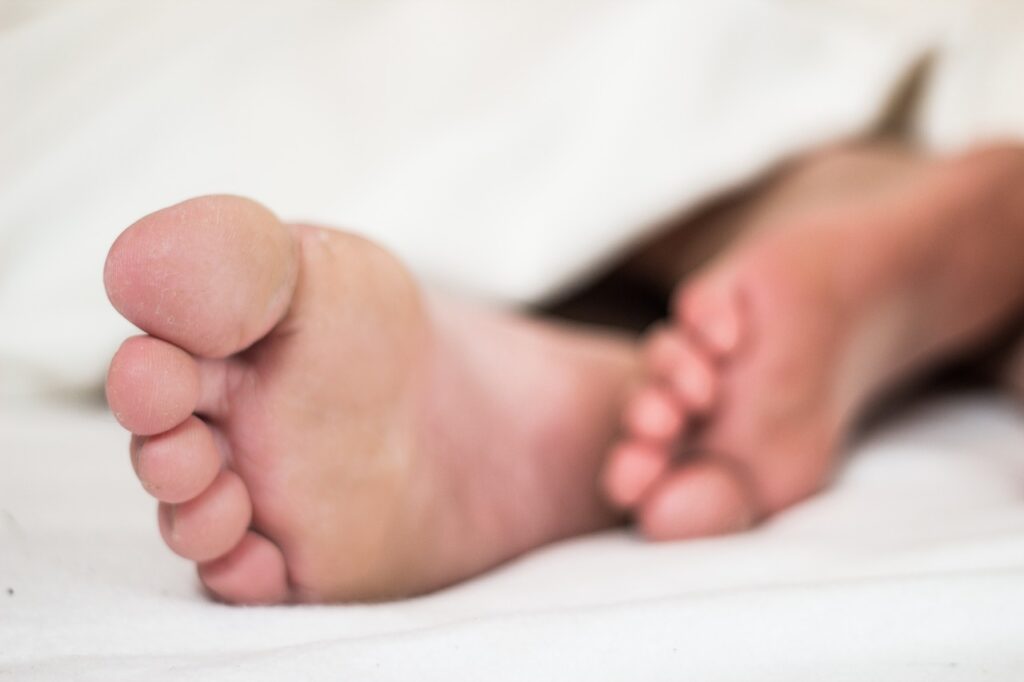Can sleep help you keep your New Year’s resolutions?
Richard Wiseman from the University of Hertfordshire has carried out research looking into the correlation between sleep and achieving goals, with some interesting results.

A few years ago Richard tracked over 3,000 people looking to achieve a range of New Year’s resolutions such as quitting smoking, drinking less alcohol and losing weight. The beginning of the study saw 52% of participants feeling confident about success, but one year later just 12% had achieved their goal.
Recently Richard’s research looked at 1,000 people, asking them to rate their quality of sleep and how successful they were at achieving their goals. Interestingly, the results showed a strong link between the two; 60% of those who said they slept well also said they had success at achieving resolutions. In comparison, of those who said they slept poorly, just 44% were successful.
So, what can you do to improve your sleep and improve your chances of success? Richard has the following advice:
Avoid blue light emissions
Research shows that blue light interferes with the body’s ability to produce the sleep hormone, melatonin, which disrupts our sleep. Unfortunately many devices we have come to love (computer screens, smartphones and tablets) all emit blue light. To ensure your device doesn’t hinder your sleep, look to keep devices out of the bedroom or at the very least don’t look at your devices an hour before bedtime.
Busy your brain
If you find it difficult to fall asleep, try busying your brain to tire it out. An example would be to think of a category (such as fruit) and then think of an example for each letter of the alphabet, i.e. A for apple, B for banana.
Get out of bed
If you have been lying awake for over 20 minutes, get up and out of bed. If you spend too much time awake in bed, your mind will start to associate your bed with wakefulness. Instead, try sitting in a chair and reading a book or completing a puzzle until you feel sleepy again (resist the urge to look at your laptop/phone/tablet).

Find a hypnotherapist dealing with Insomnia
All therapists are verified professionals




